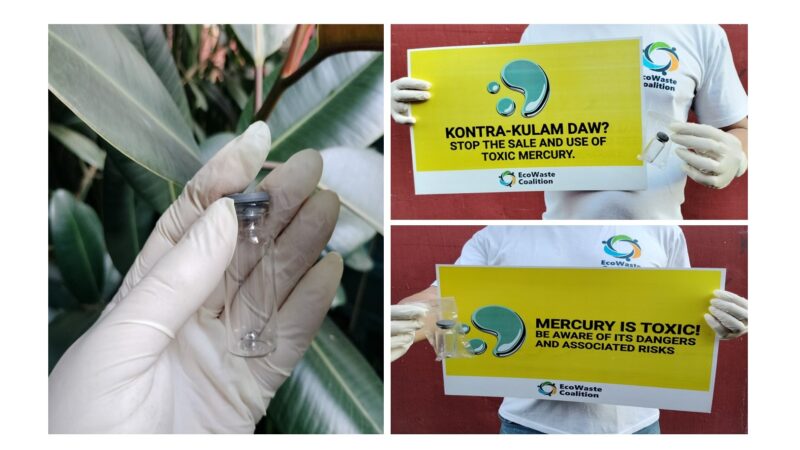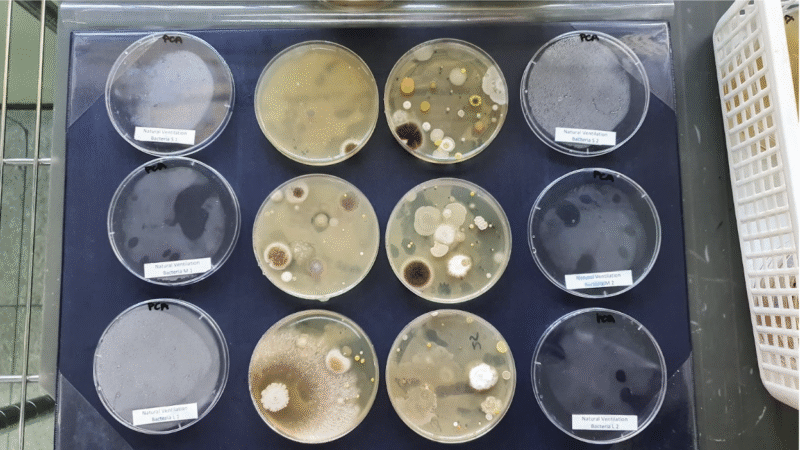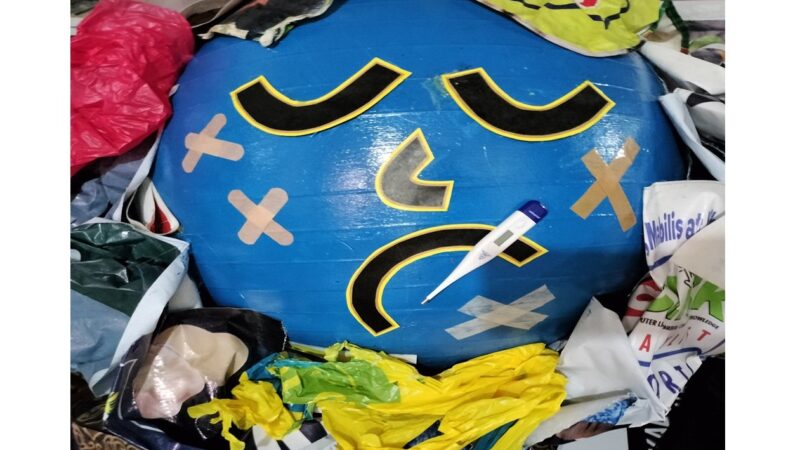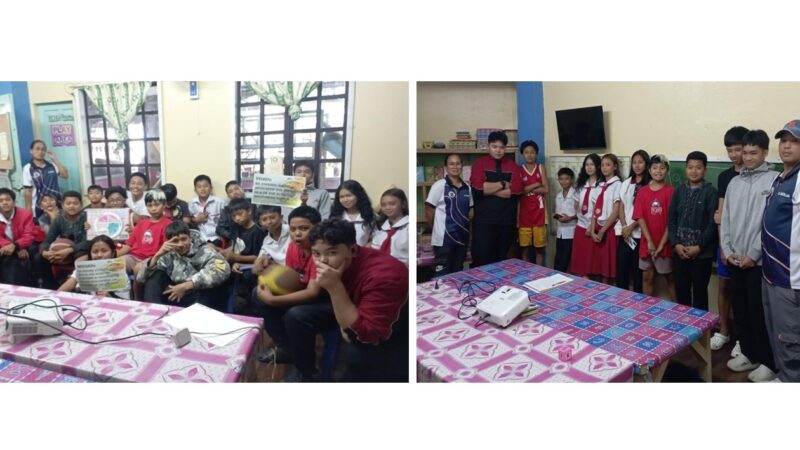Alarming increase in Baguio dengue cases noted; residents asked to destroy mosquito breeding sites

Dengue cases in the Summer Capital leapfrogged by an alarming 90 percent to 306 as of June 21 this year as compared to 161 cases for the same period in 2021.
This was revealed by City Health Services Office (CHSO) head Dr. Rowena Galpo during the regular management committee meeting of local officials, June21, led by Mayor Benjamin Magalong at City Hall.
A silver lining in her report is that no death due to dengue has yet been reported while five passed away during the period last year in the city caused by the deadly disease.
The World Health Organization (WHO) website describes dengue as “a viral infection transmitted to humans through the bite of infected mosquitoes. The primary vectors that transmit the disease are Aedes aegypti mosquitoes and, to a lesser extent, Ae. Albopictus.”
It states that dengue should be suspected when a high fever (40°C/104°F) is accompanied by two of the following symptoms during the febrile phase (2-7 days): Severe headache, pain behind the eyes, muscle and joint pains, nausea, vomiting, swollen glands, and rash.
Galpo said possible reasons for the increase in cases include poor container management like improper disposal of tin cans, bottles, old tires, coconut shells, and others; lack of water, thus, people tend to store water in containers like drums, pails and tanks without properly covering these.
High mobility of infected humans causing the spread of dengue mosquitoes via land, air and water transportation; four serotypes of the dengue virus; and cyclic occurrence of dengue where there is an increase of cases every three years, are among the other possible reasons for the uptick in cases, she added.
Galpo also said the CHSO has launched the city’s “Denguerra! Or War Against Dengue” campaign that encourages residents to search and destroy mosquito breeding sites in their areas every Thursday, from 8 am to 12 noon.
She added that dengue mosquitoes thrive in stagnant and clear water such as in plants and uncovered water storage.
Earlier, the CHSO’s Sanitation Division under Engr. Charles Carame and City Epidemiology Surveillance Unit led by Dr. Donnabel Panes has intensified the campaign to mobilize barangay residents to conduct massive and simultaneous search and destroy operations to weed out mosquito breeding sites and other interventions to stop the reproduction of dengue-carrying mosquitoes. – Gaby B. Keith






